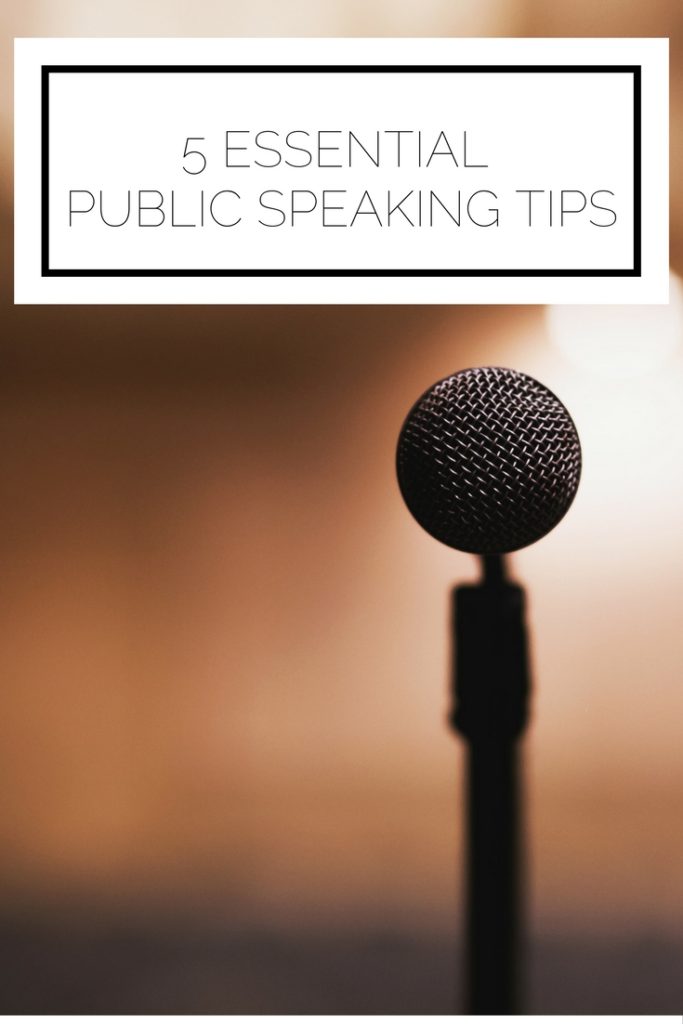You walk up to the front of the room. Your legs are shaking a bit; you hope it’s imperceptible. You wring your hands and realize how sweaty they are. You try to take a deep breath and take in all of the people, expectant looks on their faces. This is what many of us experience when we are in a situation that requires us to speak in front of a group of people. Public speaking is considered the number 1 societal fear, so if getting up in front of an audience gives you pause, you’re not alone.

The question becomes what can you do to tackle this fear and give the best presentation you can? As someone who doesn’t mind being up in front of an audience (I’ve been excitedly doing it since I started acting in the third grade), I’ve developed some techniques to give a great presentation and to feel confident while doing it.
01. Know what you’re talking about
Ok, I realize that this is obvious, but I can’t say enough how important it is to know what you’re talking about! In order to speak confidently you need to have a mastery of what you are conveying and be able to clearly articulate it. This is the basis for any good presentation so you must take the necessary steps to prepare. Spending time on learning about your subject, thinking about it from various angles, and developing a comprehensive understanding is essential.
02. Know who you’re talking to
Just as it’s important when blogging to know who your audience is so you can appeal to their interests, the same holds true for public speaking. If you are giving a presentation in class you will conduct it much differently than if you were giving a keynote address at a conference. You have to put yourself in the mindset of the audience and consider what sort of language they will be most familiar with, what aspects of your topic they are most likely to want to hear about, etc. Once again, having this knowledge going in will give you greater confidence.
03. Know your purpose and communicate that
Similarly to how your audience varies, your purpose of presenting will also vary. For example, with a school project you are covering specific topics and are attempting to demonstrate to your professor that you are competent in them. Therefore, it makes sense to open with a formal agenda that will address exactly what is expected in the project. When it comes to a more freeform talk it is still worthwhile to make the audience aware of what you are going to cover, but a formal agenda won’t be necessary. By preemptively understanding and communicating your purpose you will be better able to guide the audience to follow what you are saying and will soothe your own nerves as clarity provides you with a feeling of calm.


Leave a Reply